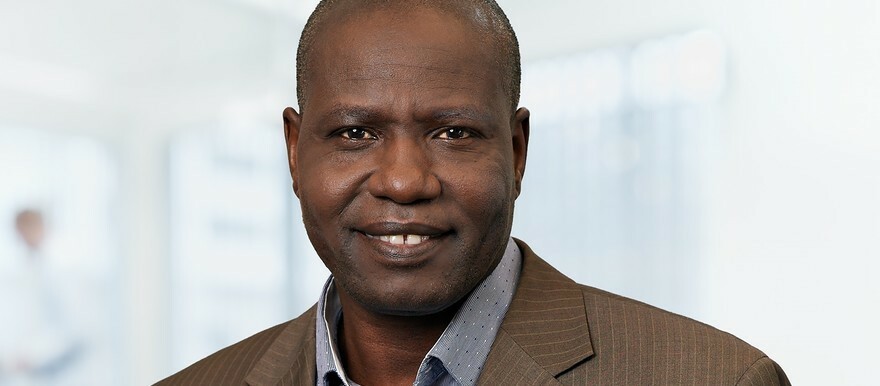A South Sudan government critic has slammed last week’s move by the parties to extend the government’s mandate for another two years, saying such a move undermines the people’s will.
South Sudanese parties to the 2018 peace agreement signed a roadmap on Thursday, extending the transitional period of the peace agreement for 24 months – starting from 22 February 2023.
The extension of the transitional government rule means South Sudan will not hold the long-awaited general elections in February 2013. According to the new agreement, general elections will be held in December 2024.
The transitional government was formed in February 2020. The current transitional period expires on 22 February 2023 – and it was expected to culminate with elections, but the government has so far failed to meet key provisions of the agreement, including drafting a constitution.
The heads of missions of the US, UK and Norway – known as the Troika – boycotted last week’s announcement, saying that the unity government had not consulted all the parties before announcing the extension.
Hakim Dario, the chairman of the Equatoria People’s Alliance, told Radio Tamazuj in an interview that the extension of the transitional period by the parties to the peace agreement is tantamount to “stealing of citizen’s voices.”
“We are against the idea of extending the interim period because it will not solve anything. The parties to the peace agreement have failed. For instance, if the government has failed to implement the agreement since the inception of the interim period, how is it going to implement this one? People have lost trust in the government,” Hakim said.
He said the parties to the peace agreement have been slow to fully implement the peace agreement, claiming that the leaders in Juba decided to extend the transitional period to stay in power.
“We need a transitional period that emanates from the people of South Sudan. Though there are so many complicated provisions in the peace agreement like the security that cannot be discussed by the people, the extension of the transitional period can still come from the people,” he said.
“I am not saying that the elections should be held, but rather there should be a delegation from people which can be named people’s convention. For instance, the Bahr al Ghazal convention, the Upper Nile convention and the Equatoria convention. So they can nominate their representatives in these conventions to discuss, and the conventions will choose their representatives in the transitional period,” he added.
Hakim, also the chairperson of the opposition People’s Democratic Movement (PDM), criticized a demand by other holdout opposition groups to form a government of technocrats to prepare the country for general elections.
“There cannot be any government of technocrats because there are no technocrats. All of them are under parties that have failed. So, where will they come from? And why should we put the future of South Sudan in the hands of technocrats? As for me, I do not see any need for us to form a government of technocrats. If we enacted the conventions, then the convention would be the legal ground for the selection and delegation of the representatives who will be in the transitional government with equal representation,” he explained.
The South Sudanese politician called on the people of South Sudan to unite to decide on the future of their country. “My message is that we should stand with the people of Equatoria, Bahr al Ghazal and Upper Nile to change the way by giving us a suitable way to reach a solution. The role of people is crucial and not the role of a small group of people,” he concluded.




